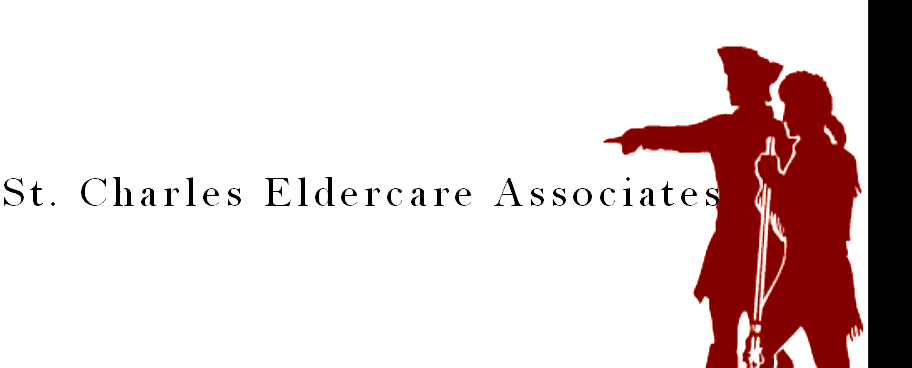| A | B | C | D | E-F | G-H | I | J-L | M-N | O-P | Q-R | S | T-Z |
E
Eating – The fourth activity of daily living – Feeding oneself by getting food into the body from a receptacle (such as a plate, cup or table). It does not include preparation of meals.
Elder Care – A wide range of services provided at home, in the community and in residential care facilities, including assisted living facilities and nursing homes. It includes health-related services such as rehabilitative therapies, skilled nursing, and palliative care, as well as supervision and a wide range of supportive personal care and social services. Typically, elder care is provided over an extended period of time to people who need another person’s assistance to perform normal activities of daily living because of cognitive impairment or loss of muscular strength or control. Regardless of where it is provided, most elder care is custodial care, the type of care that is not paid for by Medicare.
Eldercare Locator (1-800-677-1116) – Developed by the U.S. Administration on Aging, the Eldercare Locator is a free service. It helps older people and their caregivers find state and local support services to help them live independently and safely in their homes and communities for as long as possible. Look for the resources you need by following the directions on their website. Or, call their toll-free phone number 1-800-677-1116, between 9AM and 8PM weekdays, Eastern Time.
Elimination Period – The length of time an insured person must pay for covered services before the insurance company will begin to pay benefits. Unless otherwise noted in the insurance policy, no benefits are payable for any days of an elimination period.
Estate – All of a person’s assets and debts at the time of his or her death.
Estate Tax – A tax levied on a person’s estate after that person’s death.
Exclusion – A health condition, situation, item, service or expense that an insurance policy does not cover. Medicare excludes coverage for most prescription drugs, long-term care, and custodial care in a nursing or private home.
Executor – The person or institution appointed in a will, or by a court, to settle the estate of a deceased person.
F
Fiduciary – Someone, such as a trustee or guardian, who holds the assets of another person, often with the legal authority and duty to make decisions regarding financial matters on behalf of the other party.
Free-Look Period – After an insurance policy is issued to you, you have a certain period of time (usually 30 days) during which you can change your mind and cancel the policy for any reason whatsoever. This is often called a “free-look period.” If you cancel your policy during the free-look period, your premiums will be refunded in full, and no claims will be paid. (This type of cancellation is treated as though your policy never took effect.)
